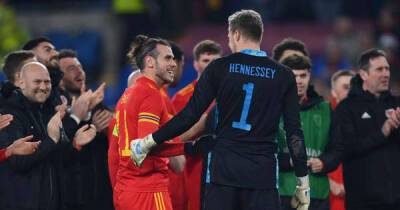I Don’t Think We’ve Met celebrates a golden age of cricketing chivalry
Cricket and theatre have long been intimate bedfellows. Stroll round Lord’s on a Test match day and you meet more actors than at an Equity AGM. Playwrights from Beckett and Pinter to Rattigan and Hare have been drawn to the game for obvious reasons: that cricket, like drama, is a formalised ritual pulsating with subtext. That is palpably true of the latest cricket play, I Don’t Think We’ve Met, written by Ian Smith, an academic and ex-captain of Pinter’s team, The Gaieties It was given a one-off performance this week at a London dinner emcee’d by Graham Gooch: an extraordinary event that was about a lot more than the game itself.
Smith’s subject is the great cricketer Colin Cowdrey, who, as a batsman, was a model of elegance: in my favourite cricket book, Australia 55, Alan Ross wrote of the young Cowdrey that “he placed and drove the ball to the on with a distribution of balance that would have delighted Michelangelo”. But Smith’s starting point is the way Cowdrey, in his early forties, was summoned at short notice to join an England team plagued by injuries on the Australia tour of 1974. This triggers Cowdrey’s reminiscences of his whole career, including his first tour of Australia under his admired captain Len Hutton, and the torrid time he endured in the West Indies in 1959-60 and 1963 facing the fast bowling of Wes Hall and Charlie Griffith.
“What do they of cricket know who only cricket know?” CLR James famously asked, and Smith’s play inevitably becomes about something more than Cowdrey’s heroics at the crease. I see it as a celebration of a chivalric courtesy rapidly becoming outmoded in an age of commercial opportunism. In one of the key scenes, Cowdrey is invited in 1974 by the England captain, Tony Greig, to






